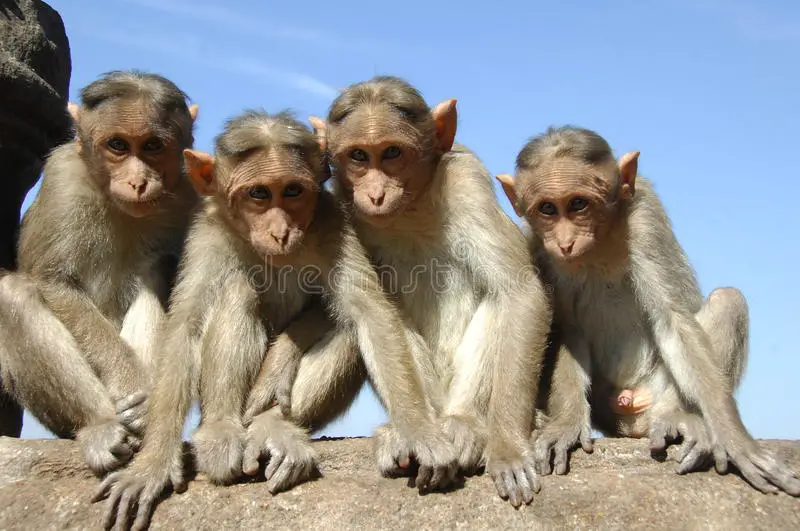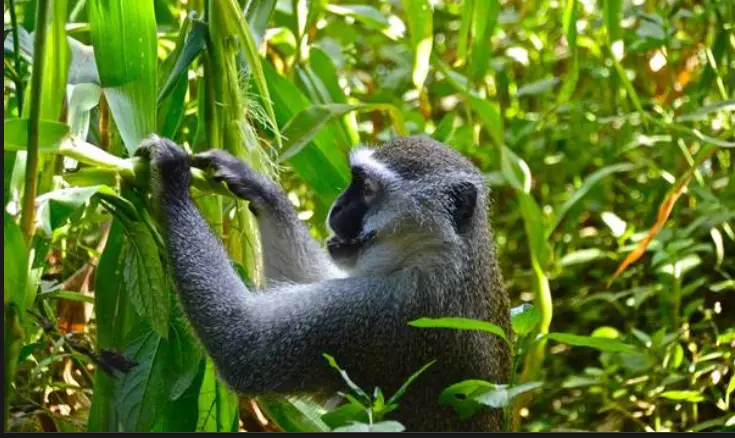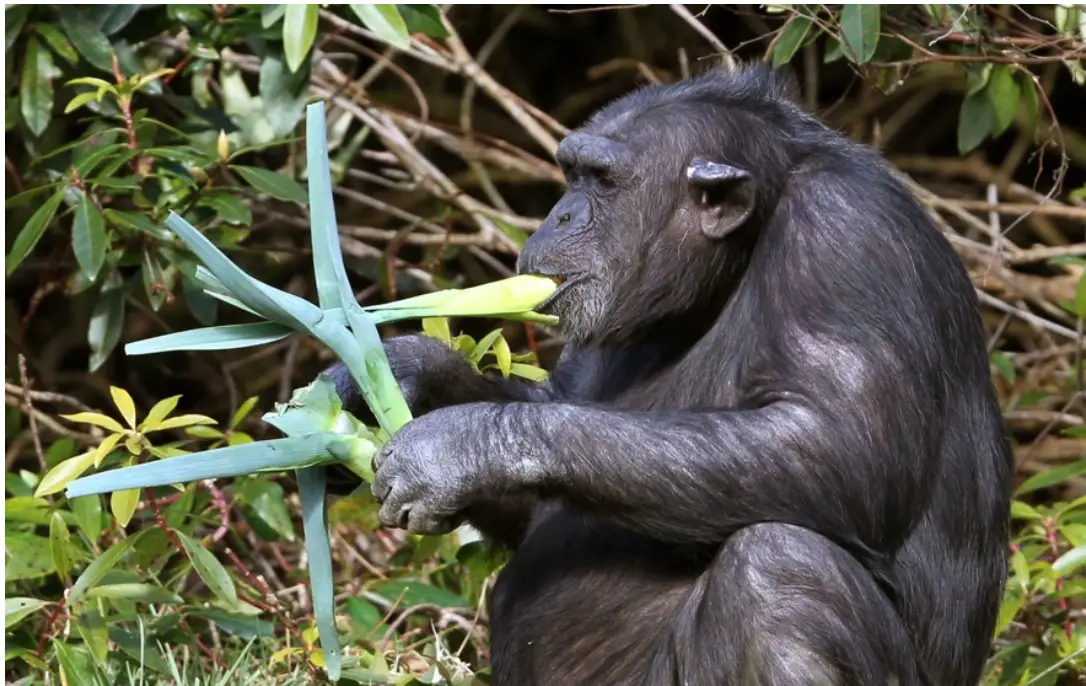Introduction
Monkey causing damage to crops is a serious worry. Monkeys eat a variety of things, including roots, branches, leaves, fruits, and even grasses. They also wreak havoc on fruit harvests such as mango, guava, grape, citrus fruit, lychee, pear, peach, plum, apricot, and others, costing farmers enormous losses. The occurrence rate appears to be higher in the early morning and late nights. Furthermore, monkey migration has resulted in a decrease in seed distribution of forest wildplants, putting several forest plant species at risk.


Measures to keep monkey away from farms
- Toy Snakes: Colorful rubber snakes should keep or hang in sensitive areas. Change the positions of the toy snakes on a regular basic. It will help for a while until a clever monkey discovers the truth.
- Sprinkling vegetables with pepper will deter monkeys from eating them: Chilli contains the chemical Capsaicin, which is an effective repellant for monkeys, squirrels, and other wild creatures. Chilli farmers will also profit from an additional source of income.
- Smoke: Burn dung (with chili for more effectiveness) or other items that smolder and produce a lot of smoke. Farmers use phenyl-dipped sticks to keep monkeys out of their fields.
- Whip Rope Sound/ Shrill Noise: Monkeys despise loud noises. Collect nearly 100 sound clips of predator animals such as lions, tigers, and langurs from the internet, edit them, and transfer to a pen drive. Play these predator animal sounds with an audio device that runs on a mobile battery by attaching the device to any tree, hardy plant, or pole and playing for 6 hours a day when the monkey menace is at its peak. Change the files frequently to prevent monkeys from accessing them. Farmers in rural areas use a three-band tapering rope to scare wild animals and birds with a gunfire-like cracking sound.
- Reflective Ribbons: Audiotape reels wrapped around bamboo stands are being used to create fences. Reflective ribbons are also utilized as repellant.
Some other measures to keep monkeys away from farms
- Using Dry Fish as Repellant: Some farmers store sealed tiny packages with boneless dry fish pieces around the field and hang dry fish on the branches. When monkeys open the sachets, they rub their palms together until they bleed. They never enter on the same farm with their teammates.
- Using Chilli Powder Rice Balls: Boiled rice + crushed groundnut seeds + red chilli
powder + coconut oil around the field deters the monkeys. Monkeys will avoid the area if they taste the rice balls because they experience tongue burning and thirst. There should be no water available in the area. - Painting a Troop Member: Painting one troop member (preferably) a dominant
male, with white / red and releasing him scares the troop away as he run towards them. - Creating Buffer Zones: Keeping partially cleared land buffers around farms to protect less desirable crops.
- Effigies: Erecting effigies of human or predator species (python, lion, leopard, black cat etc.) in the fields for scaring monkeys.
- Use of Fire Crackers: Utilize fire crackers that produce loud sound.
- Monkey Trap: “A hollowed-out coconut chained to a stake” is the trap. The coconut contains rice/banana that can be retrieved through a little hole. The hand of the monkey fits through the hole, but his clenched fist does not. The monkey is caught off guard. A worried monkey and his companions avoid returning to the place.

Sources: http://diragrijmu.nic.in/Advisories/Controlling%20Monkey%20Menace.pdf
Access Date: May 2022



